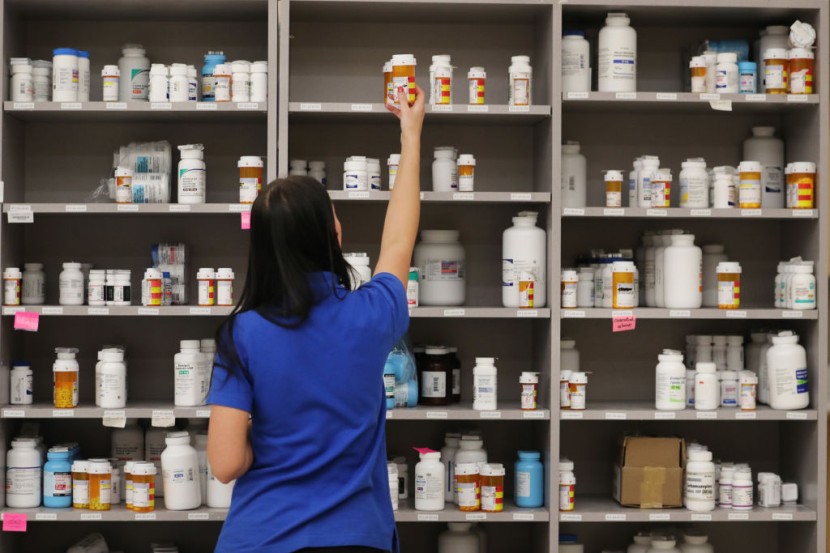The Biden Administration recently announced a major crackdown against pharmacy middlemen. Now, the government is taking its first step by implementing limits against pharmacy benefit managers (PBMs).

For those who are not familiar with them, these people are the ones who act as the price negotiators in the drug industry. Although the intent of the U.S. government is good, many pharmacists claim the crackdown might not work.
Some of them even warned that the pharmacy middlemen crackdown is already backfiring. Here's what they explained.
Why Biden Admin's Pharmacy Middle Men Crackdown Might Not Work
According to the Fortune, PBMs have been taking fees from pharmacies weeks or months after a drug is released; these fees are called "clawbacks."
Statistics showed that the clawbacks of PBMs in the U.S. have increased from $9 million in 2010 to a whopping $12.6 billion in 2021. This is not a small increase if you look at these numbers.
The Medicare Payment Advisory Commission, an agency that advises Congress on the program for 65 and older patients (including those with disabilities), said that performance fees of PBMs also make prescription costs more expensive.
Because of this, CBS News reported that a new rule, which governs Medicare's drug program, will soon be implemented by the Biden Administration (specifically on January 1, 2024). This new regulation will require pharmacy benefit managers to take most of their clawbacks at the time prescriptions are filled.
However, pharmacists said that the major crackdown might not work because of the workaround that PBMs discovered.
Read Also : Fake Ozempic? Austria Reports Multiple Hospitalizations Linked to Suspected Counterfeit Diabetes Medication
PBMs' Response Will Make Crackdown Useless

Numerous pharmacy organizations, that support the new Medicare rule, said that they were not expecting a response from pharmacy benefit managers.
They said that PBMs now demand that pharmacies accept new contracts with draconian cuts to their payments for dispensing drugs.
National Community Pharmacists Association's Vice President Ronna Hauser explained that if pharmacies refuse the new contracts offered by PBMs, they will likely lose their Medicare customers.
As of writing, pharmacy benefit negotiators are considered to be at the center of the U.S. medicine supply chain. They are the ones who tell what the patients owe to the pharmacy after a prescription has been filled.
PBMs are the ones who will aggregate payments and send checks to pharmacies. However, they commonly deduce performance fees from small pharmacies.
"When you're filling the prescription, the PBM tells you the patient pays $20 for this drug, we'll pay you $100," said NCPA CEO Doug Hoey.
"As the pharmacist, I say, OK, I get a total of $120 for a drug that cost me $110 from the wholesaler. Then three months later, the PBM says, 'Actually, I'm only going to pay you $83.' So I lost $17 on the sale and I have no ability to object,'" he added.








